Extended Reading
Using written sources to answer historical questions involves far more than literal comprehension, but learning to draw valid inferences and to interpret sources in their historical context obviously depends on students’ capacity actually to read and engage with different kinds of written material. The resources in this section illustrate the range of approaches that teachers have used successfully to capture students’ interest in texts, giving them incentives to read and techniques to help make sense of what they are reading by processing and responding to it in various ways. The articles and plans presented here also demonstrate the value of explicit teaching about reading strategies, helping students to recognise the difference between skimming and scanning, for example, so that they can work out what to do when. Read more
-

It’s just reading, right? Exploring how Year 12 students approach sources
ArticleClick to view -
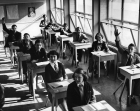
What Have Historians Been Arguing About... Histories of education – and society?
ArticleClick to view -

Film: What's the wisdom on... Extended Reading
ArticleClick to view -

What’s The Wisdom On... Extended Reading
ArticleClick to view -

‘This extract is no good, Miss!’
ArticleClick to view -

Reading? What reading?
ArticleClick to view -

'I feel if I say this in my essay it’s not going to be as strong’
ArticleClick to view -

Putting Catlin in his place?
ArticleClick to view -
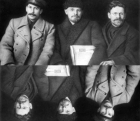
Historical scholarship and feedback
ArticleClick to view -

Triumphs Show 164: interpretations at A Level
ArticleClick to view -

Move Me On 162: Reading
ArticleClick to view -

Pipes's punctuation and making complex historical claims
ArticleClick to view -

The Harkness Method: achieving higher-order thinking with sixth-form
ArticleClick to view -
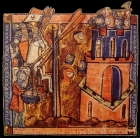
Getting medieval (and global) at Key Stage 3
ArticleClick to view -

Exploring the challenges involved in reading and writing historical narrative
ArticleClick to view -
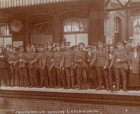
Writing Letchworth's war: developing a sense of the local within historical fiction through primary sources
ArticleClick to view -

Designing an enquiry in a challenging setting
ArticleClick to view -

Triumphs Show 148.2: using pupil dialogue to encourage engagement with sources
ArticleClick to view -
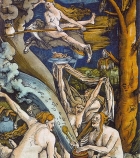
Polychronicon 147: Witchcraft, history and children
ArticleClick to view -

Triumphs Show 146: putting an enquiry together
ArticleClick to view


